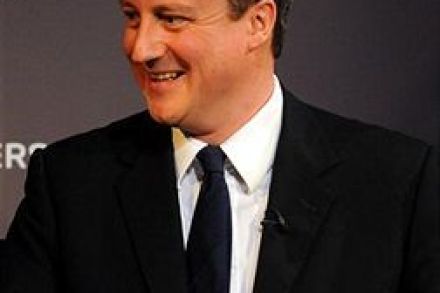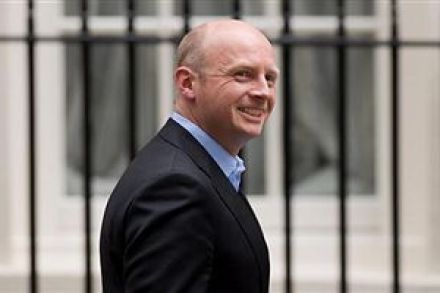Cameron is synonymous with change
It was mostly standard fare for a political interview, but the Cameron/Trevor McDonald show reminds you of what I think is one of Cameron’s foremost positives, and one that is welcome amid the Tories’ current self-doubt. Cameron and his team turned the unelectable Tories into a modern and truly representative force. Jonathan Freedland may argue that the change is cosmetic, but candidates, such as Shaun Bailey, selected by the Hammersmith association, say otherwise. If Cameron saw-off grass-roots interests who were still fighting Margaret Thatcher’s early battles, if not those of Churchill too, he has the resolve to tackle the legacy that Gordon Brown is likely to bequeath him. I’d expected to be left





















